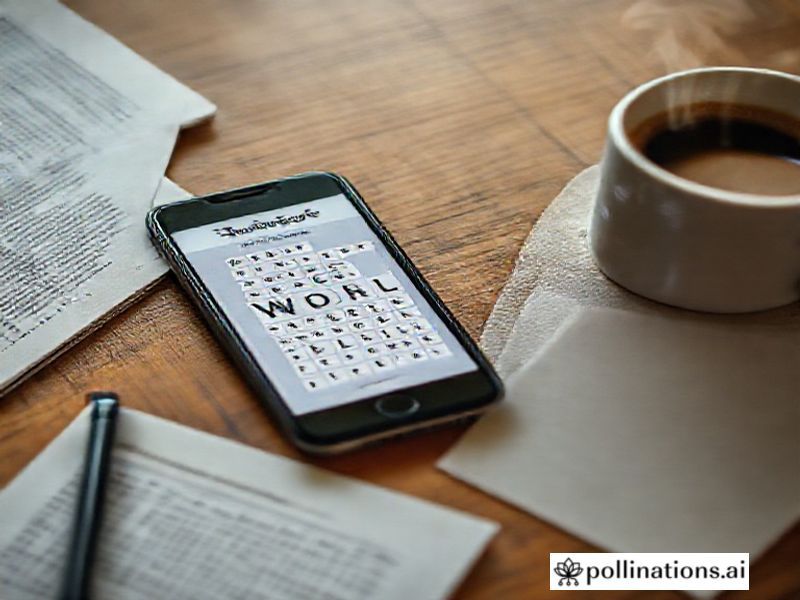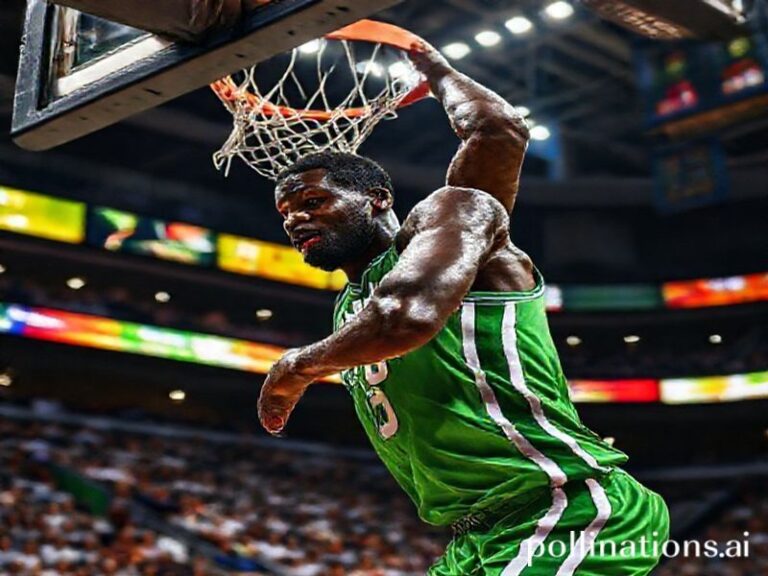Wordle: The New York Times’ Viral Word Game That’s Got the World Hooked
### **Wordle: The New York Times’ Viral Word Game That’s Got the World Hooked**
In the vast, ever-shifting landscape of internet culture, few phenomena have captured global attention quite like *Wordle*. This deceptively simple word game, acquired by The New York Times in early 2022, has become a daily ritual for millions. But why is it trending globally, and what makes it so darn addictive? Let’s dive in.
#### **The Basics: What Is Wordle?**
For the uninitiated, *Wordle* is a web-based word game where players have six attempts to guess a five-letter word. After each guess, the game provides feedback: green for correct letters in the right spot, yellow for correct letters in the wrong spot, and gray for letters not in the word at all. It’s like a digital version of hangman, but with a sleek, minimalist design and a satisfyingly cerebral challenge.
#### **Cultural Context: Why Now?**
The rise of *Wordle* can be attributed to several cultural factors. First, the pandemic accelerated our collective craving for simple, engaging distractions. With remote work and social distancing becoming the norm, people turned to digital pastimes to fill the void. *Wordle* provided a perfect escape—a quick, brain-teasing interlude that didn’t require a massive time commitment.
Second, the game’s design is inherently shareable. After each round, players are given a grid of colored squares that they can easily copy and paste into social media posts. This feature turned *Wordle* into a viral sensation, as players proudly (or sheepishly) shared their results with friends, family, and strangers alike. The game became a daily watercooler moment, even for those who weren’t in the same physical space.
#### **Social Impact: The Power of Community**
One of the most fascinating aspects of *Wordle*’s success is its ability to foster a sense of community. Unlike many online games that pit players against each other, *Wordle* is a collaborative experience. People bond over their strategies, celebrate each other’s victories, and commiserate over tough words. It’s a rare example of a digital phenomenon that brings people together rather than driving them apart.
The game has also sparked countless memes, Twitter threads, and even academic discussions about language and cognition. It’s a testament to how a simple idea can tap into something universal—the human love of puzzles and the thrill of solving them.
#### **What Makes Wordle Significant?**
Beyond its cultural impact, *Wordle* is significant because it represents a shift in how we engage with media. In an era dominated by short-form video and endless scrolling, *Wordle* offers a refreshing alternative: a moment of focused, intentional engagement. It’s a reminder that sometimes, less is more.
Moreover, the game’s acquisition by The New York Times highlights the growing intersection of journalism and interactive content. As traditional media outlets seek to diversify their offerings, games like *Wordle* provide a way to attract new audiences and keep them coming back.
#### **Conclusion: The Enduring Appeal of Wordle**
*Wordle* is more than just a game—it’s a cultural touchstone. It’s a daily ritual that brings people together, a mental workout that’s as satisfying as it is challenging, and a testament to the power of simplicity in an increasingly complex world. Whether you’re a seasoned player or a newcomer, there’s no denying that *Wordle* has left an indelible mark on internet culture.
So, the next time you see someone sharing their *Wordle* results, take a moment to appreciate the phenomenon. It’s not just a game—it’s a global conversation starter, a mental escape, and a reminder that sometimes, the best things in life are simple.







